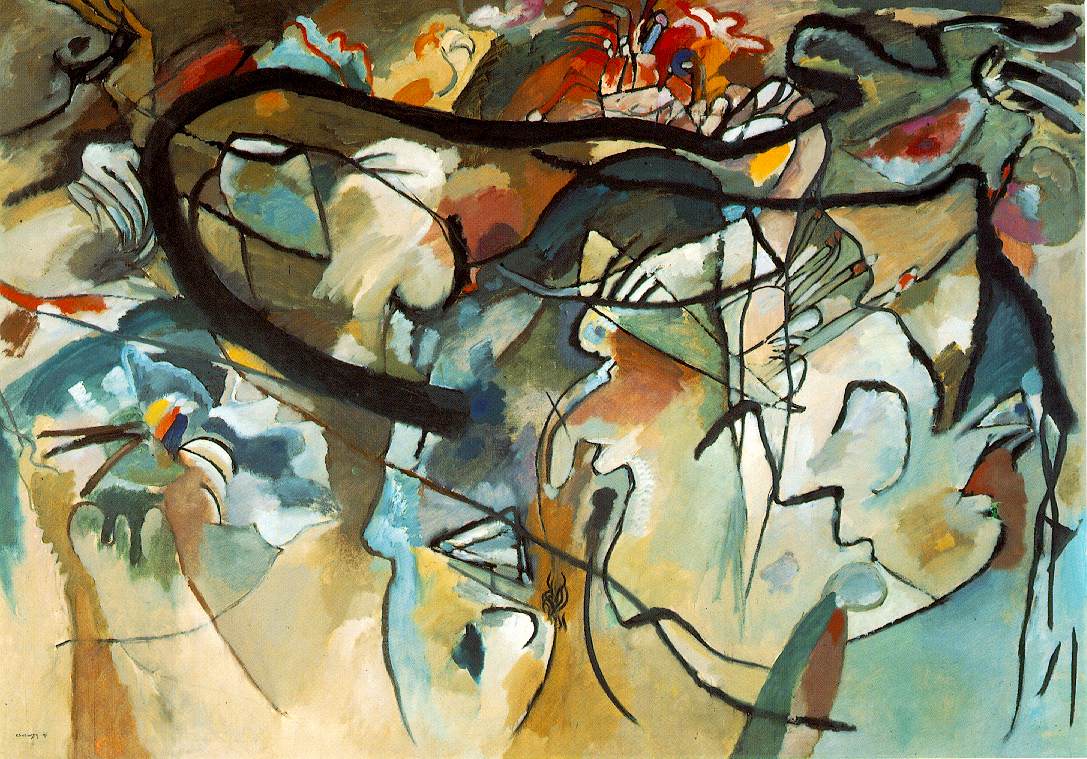It was with a strong sense of deja vu that I read of the Tony decision to eliminate the category of Sound Design from it’s awards. Having seen a similar decision (since reversed) by the Drama Desk to eliminate the Orchestration award, it made me wonder if there are some similarities.
When the Drama Desk decided to eliminate an Orchestration Award (which they had originally established decades earlier than the Tony Awards) they gave two reasons - 1) they were trying shorten the awards ceremony and 2) they felt those voting on the awards didn't feel qualified to make a judgement about orchestration. I am wondering if similar reasoning has motivated the Tony Awards to make the same decision.
Certainly, time is an element in the CBS portion of the broadcast - but all the technical awards have already been moved to an earlier period before the network broadcast begins (with the bizarre choice of also relegating best score and choreography to that earlier time.) So is time really an element here? Maybe this problem could be further simplified with the same process that the Academy Awards use - a separate event the day before for technical and design awards. Though I have enjoyed attending the big event, I’d be happy to be relegated to a smaller event the night before and to celebrate with my peers.
And how about the issue of judging technical awards - should the same 50 member committee presently making nominations of best play and best actress also be deciding who might be best sound designer or orchestrator? The 50 member nominating committee for next year’s Tony Awards was recently posted online. While this is a distinguished group of theater professionals including a number of artistic directors, it includes only one musician if I am not mistaken. No music directors, no orchestrators, no sound designers. While some of the non-musician members may be well qualified to express opinions about music and sound design, perhaps there are not enough experts in music and sound present on the committee to raise the technical level of discussion.
While I admire and appreciate my fellow orchestrators, I know our styles and approaches to solving the dramatic issues are different. We all try to be flexible to solve all problems and deal with all styles, but our personal approaches all shine through. The same is true with sound designers: they deal with that amorphous beast, the new musical, with different personal approaches and styles. The orchestra shows up a few days before the audience does and the designer has to create his magic in maybe 2 or 3 days. And sometimes in the midst of previews he is asked to radically change the approach and style of the design that had earlier been agreed upon.
We can see sets and costumes in a photograph - but like lighting, we only carry the sound design out of the theater in our memory. (The sound of the cast CD is a wholly different beast, created under ideal conditions, bearing little relationship to the work of the sound designer in the live space.) Certainly it is difficult to judge something so evanescent - but we have come to understand what a lighting designer can do - the moods he can create, the focus he can use to direct our attention. Certainly we can take the time to try and understand this younger art that focuses our hearing on the proper elements, brings our attention to a character's words without causing us to look up at the speakers where the sound is coming from, that can bring forth the orchestrator’s work in a delicate balance that shades the lyricist's words without overcoming them.
My favorite sound designers (and I have a couple of them) are artists who love the theater and bring as much artistry and passion to their work as I do. As an orchestrator I carry forth the composer’s intentions and assist him in telling the story; the sound designer does the same for the composer and myself. The person who thought of eliminating this award is not someone who has been through the incredible onslaught of a final dress rehearsal or the slow battle of a preview period and seen the sound designer down in the trenches with the rest of the team.
It would be naive of me to think the Tony Awards are purely about merit, and that there is no business or politicking involved. Yet there is a certain amount of recognition of merit that goes into these awards. But the decision to blithely eliminate one of the main design categories does not bespeak an interest in recognizing artistic merit - it does a disservice to the work of theater professionals who help to create the vibrant work of our industry. It gives one the impression that the Tony Awards are more about the yearly broadcast and the publicity it can provide than the awarding of artistic accomplishment. We are in a commercial art form - the balance between business and art is somewhere in the middle - let’s not lose track of that.




